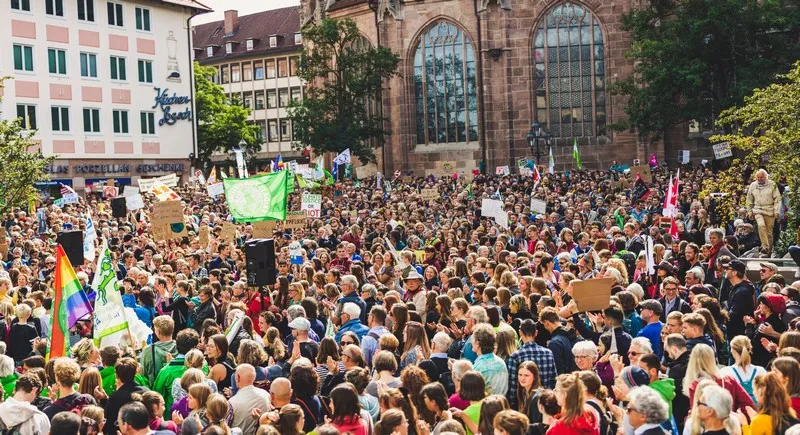Civil liberties are fundamental rights and freedoms that are granted to individuals by a government, typically through a constitution or legislation. These liberties are essential for maintaining a democratic and just society, as they protect individuals from undue interference and ensure their ability to exercise their rights without fear of repression or discrimination. In the field of sociology, civil liberties play a crucial role in analyzing power dynamics, social justice, and the relationship between individuals and the state.
Defining Civil Liberties
Civil liberties encompass a wide range of rights and freedoms that are considered essential for the well-being and autonomy of individuals within a society. These liberties include but are not limited to:
- Freedom of speech: The right to express one’s opinions and ideas without censorship or fear of retaliation.
- Freedom of religion: The right to practice any religion or belief system without persecution or discrimination.
- Freedom of assembly: The right to gather peacefully and express collective opinions or concerns.
- Freedom of the press: The right to gather and disseminate information without government censorship or control.
- Freedom of association: The right to form and join organizations or groups of one’s choosing.
- Right to privacy: The right to be free from unwarranted intrusion into personal matters.
- Right to due process: The right to fair treatment and legal protection under the law.
The Significance of Civil Liberties in Sociology
Sociologists study civil liberties to understand the dynamics of power, social inequality, and the relationship between individuals and institutions. By examining how civil liberties are protected or violated, sociologists can gain insights into the functioning of societies and the impact of social, political, and economic structures on individuals.
One aspect of civil liberties that sociologists analyze is the unequal distribution of these rights within society. They examine how certain groups, such as marginalized communities or political dissidents, may face greater restrictions on their civil liberties compared to others. This analysis helps shed light on the power dynamics and social inequalities that exist within a society.
Sociologists also study the role of civil liberties in social movements and activism. Civil liberties provide individuals and groups with the necessary tools to challenge existing power structures and advocate for social change. The freedom of speech, assembly, and association, for example, enable individuals to voice their concerns, organize protests, and form alliances to address social issues.
Furthermore, civil liberties are essential for fostering a sense of social cohesion and trust between individuals and the state. When individuals feel that their rights are protected and respected, they are more likely to participate in civic activities, engage in public discourse, and contribute to the overall well-being of society. Sociologists examine the relationship between civil liberties and social capital to understand how these rights impact social cohesion and democratic participation.
Challenges to Civil Liberties
While civil liberties are crucial for a democratic society, they are not always guaranteed. Sociologists analyze the challenges and threats that can undermine civil liberties, such as:
- Government surveillance: The increasing use of surveillance technologies and practices can infringe upon individuals’ right to privacy and freedom of association.
- Political repression: Authoritarian regimes or governments with repressive policies may curtail civil liberties to maintain control and suppress dissent.
- Discrimination and inequality: Certain groups may face systemic discrimination, limiting their access to civil liberties and equal protection under the law.
- Technological advancements: The rapid development of technology raises concerns about the potential abuse of civil liberties, such as online privacy and freedom of speech.
Conclusion
In sociology, the study of civil liberties provides valuable insights into power dynamics, social inequality, and the relationship between individuals and the state. By understanding civil liberties and their significance, sociologists can contribute to the promotion and protection of these fundamental rights, ultimately striving for a more just and democratic society.





